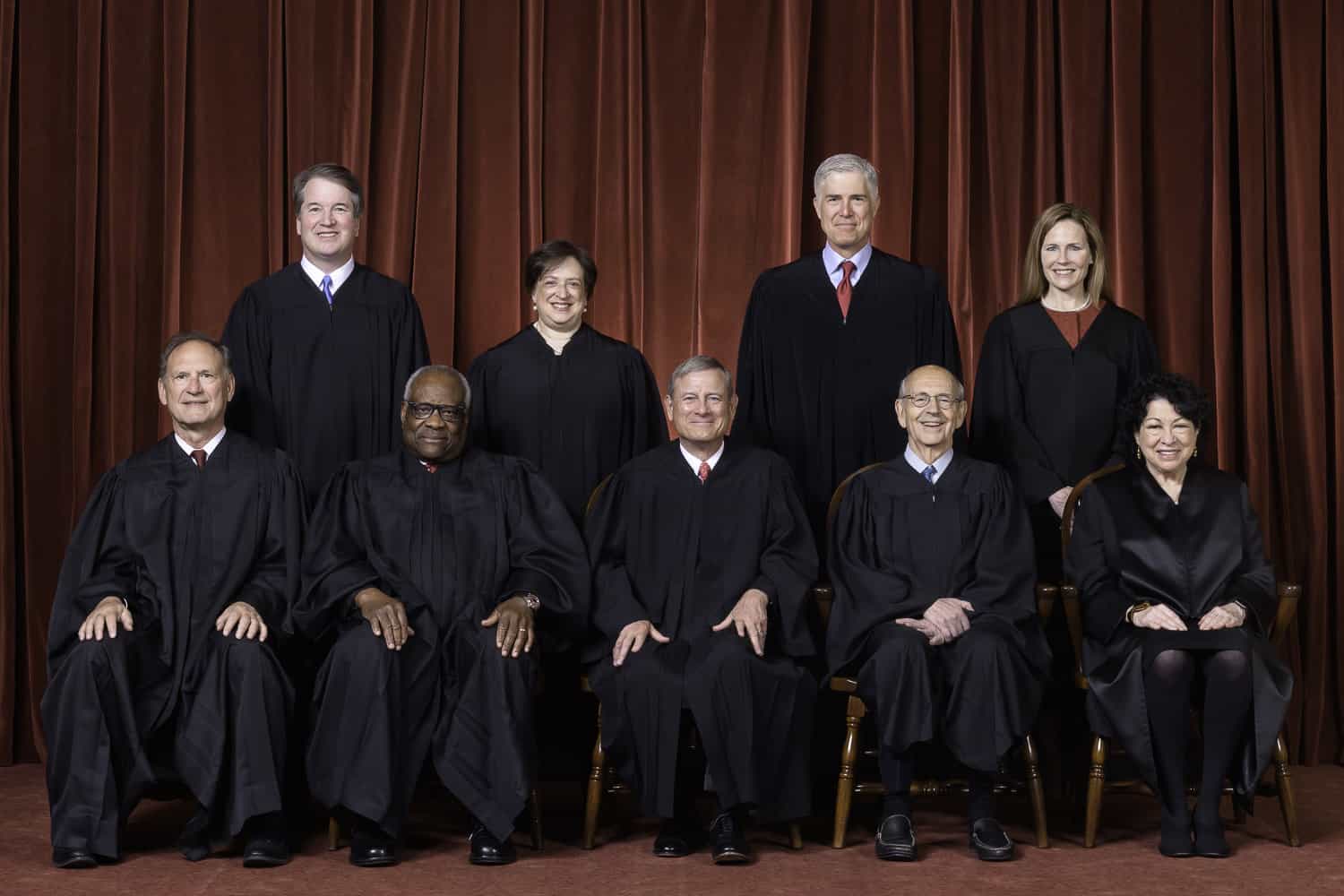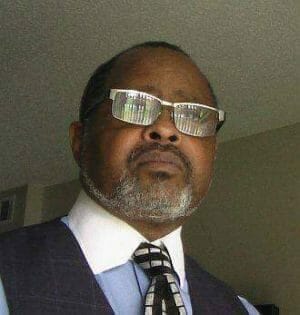THE SERAAJ REPORT, by Kevin Seraaj, The Orlando Advocate
Is all this talk about judicial ethics at the U.S. Supreme Court just a case, in the words of Shakespeare, of “much ado about nothing?” Surely there are many larger, more pressing issues facing the nation today than judicial ethics at the High Court– aren’t there?
I think not. It’s all about “foundation.” Ethics are the legs that the High Court stands upon, and there is no institution in America that has more power than the 9-Justice U.S. Supreme Court.
The Court is established in the very language of the U.S. Constitution, and given ultimate jurisdiction over every law written by every lawmaking body in the United States. The Supreme Court decides if laws are “constitutional” or not, and no other agency or body can decide otherwise once it renders a decision.

Even though the Supreme Court sits organizationally only over the judicial branch of the government, it has the power, “when necessary,” to review the actions of the other two branches of government—- the executive branch of the president and the legislative branch of Congress– and decide whether they are constitutional or not.
And what the Supreme Court says, goes. Again, no other institution has more power than the High Court.
Everyday Americans don’t engage with the Court, but every decision it renders has potentially generational impact for us all. Good or bad. And the nature of those decisions flow out of the characters of the persons who sit and render them. Who sits on the Supreme Court is therefore critically important to the ordinary American citizen. We cannot afford to be disinterested observers who watch the changes to the Court only from the sidelines.
By way of example, over the last 200+ years, the Court has issued decisions which targeted segments of the population and demonstrated clearly how the the biases and prejudices of the justices end up shaping the “law of the land.”
In 1857, in the case of Dred Scott v. Sanford, racists on the court decided that “a black man had no rights that a white man was bound to respect,” and denied citizenship to black American slaves who managed to escape to free states. In 1896, racists on the court again banded together and upheld state segregation laws in the case of Plessy v. Ferguson. And in 1944, they decided that because Japan was at war with America, Japanese American citizens should be rounded up and held in internment camps (Korematsu v. United States)– while German American citizens (despite our also being at war with Hitler’s thugs) were not even looked at twice.
So, who sits on the Supreme Court is important. With just a 5-4 majority, the hands on the clock could be turned back in America 100 years or more– with no higher authority to appeal to, or to fix whatever is done.
The congressional hearings that occur after a Supreme Court nominee is selected therefore focuses in part on the person– his or her belief construct, a propensity to bias and prejudice. Character.
But one doesn’t have to be personally biased to have a character flaw.
Character– or the lack of it– is also shown in one’s willingness to be influenced by others; to do what you might not otherwise do because of favors or special treatment. To those who think of a Supreme Court justice as someone of impeccable integrity, someone beyond reproach– wake up.
In 2019, for example, when Justices Samuel Alito and Brett Kavanaugh met privately with the president of the National Organization for Marriage, which is opposed to gay marriage, the organization was part of group arguing against same-sex marriage in Bostock v. Clayton County. Anyone care to venture a guess what NOM wanted to discuss with the two sitting justices?
Later, NOM’s group lost their case by a 5-4 decision, but predictably, Kavanaugh and Alito were among the 4 who dissented, saying the decision was wrong. Hmm. Small wonder.
This clearly demonstrates why there should have been something written somewhere that said meeting privately with groups that are arguing cases before the High Court is something Supreme Court Justices just should not do.
There isn’t.
This high and mighty group of men and women don’t feel they need any guidance on what they should or should not be able to do. (Anyone remember the words that this is the most powerful group of people in the nation?)
Every other judge is governed by something called the Code of Judicial Conduct, which actually says “A judge should not allow family, … financial, or other relationships to influence judicial conduct or judgment. A judge should neither lend the prestige of the judicial office to advance the private interests of the judge or others..”
But this doesn’t apply to Supreme Court justices.
That’s why Clarence Thomas’ wife, through her lobbying firm, Liberty Consulting, was able to earn more than $200,000 from the Center for Security Policy, which was arguing as a friend-of-the-Court in Trump v. International Refugee Assistance Project, back in 2017. “Her husband is a Supreme Court justice” is a powerful reason to thrown some money her way when you’re arguing before that court.
A person of character would disqualify himself from voting in that case because he’s obviously expected by his wife to vote in favor of her client– whether she says that or not. But Justice Thomas not only did not disqualify himself– he didn’t even bother to disclose he had any personal interest in the matter. If he had been any other type of judge (other than a Supreme Court justice), he would have been required by law to disclose, and expected to recuse himself.
Character.
It is sorely missing from the playbook of the highest court in the land. And is by far the most glaring High Court compromise from which all other compromises ultimately flow.



